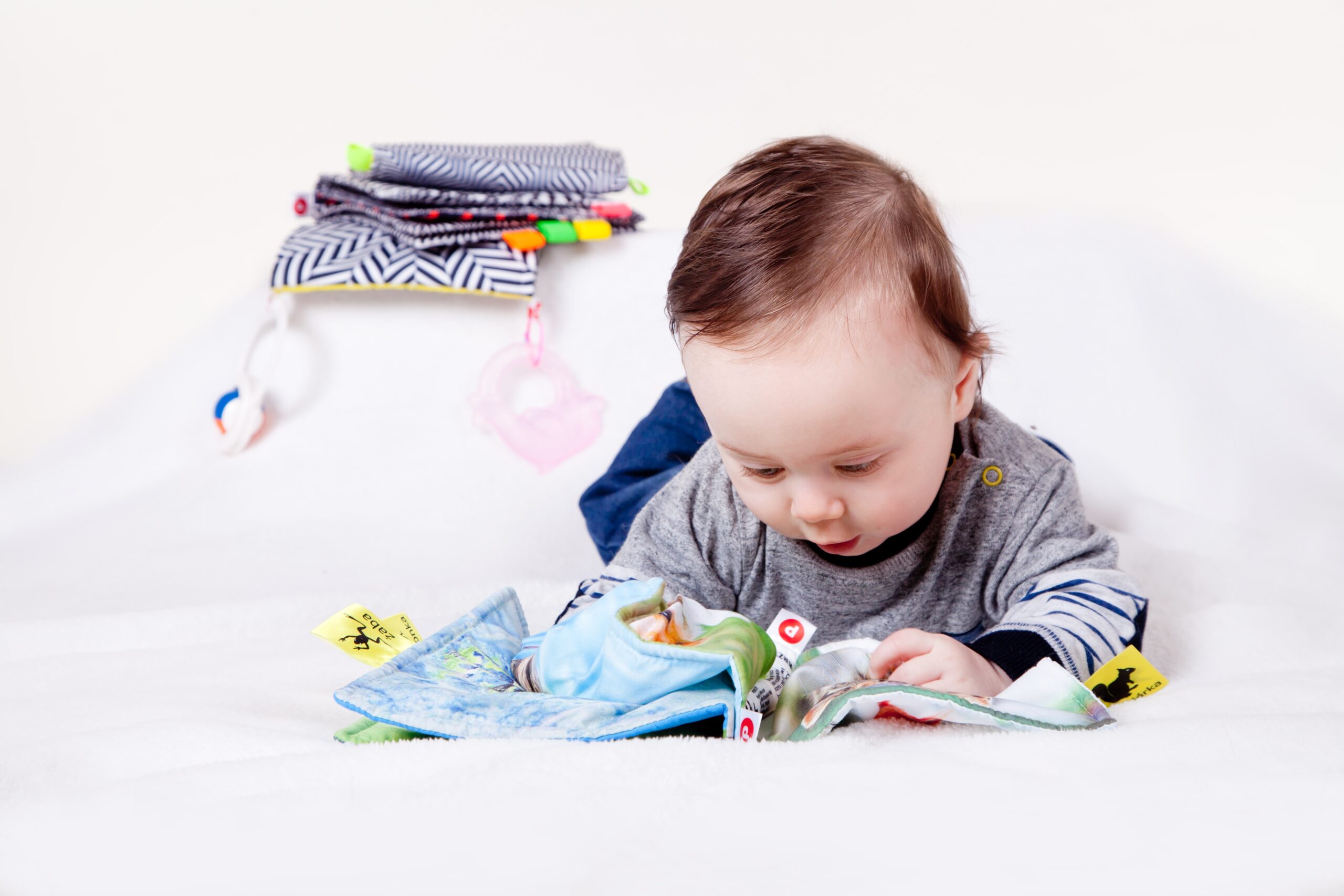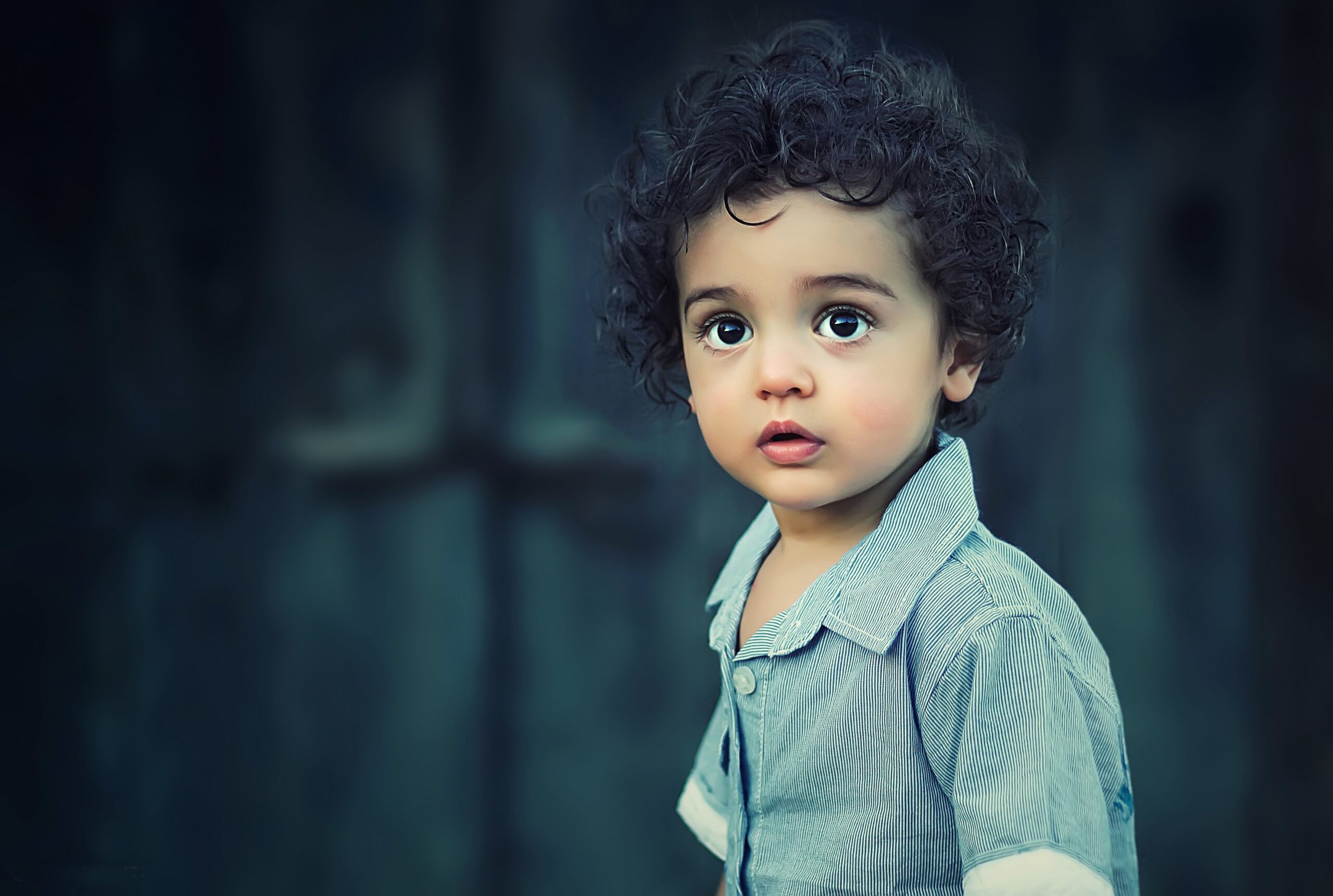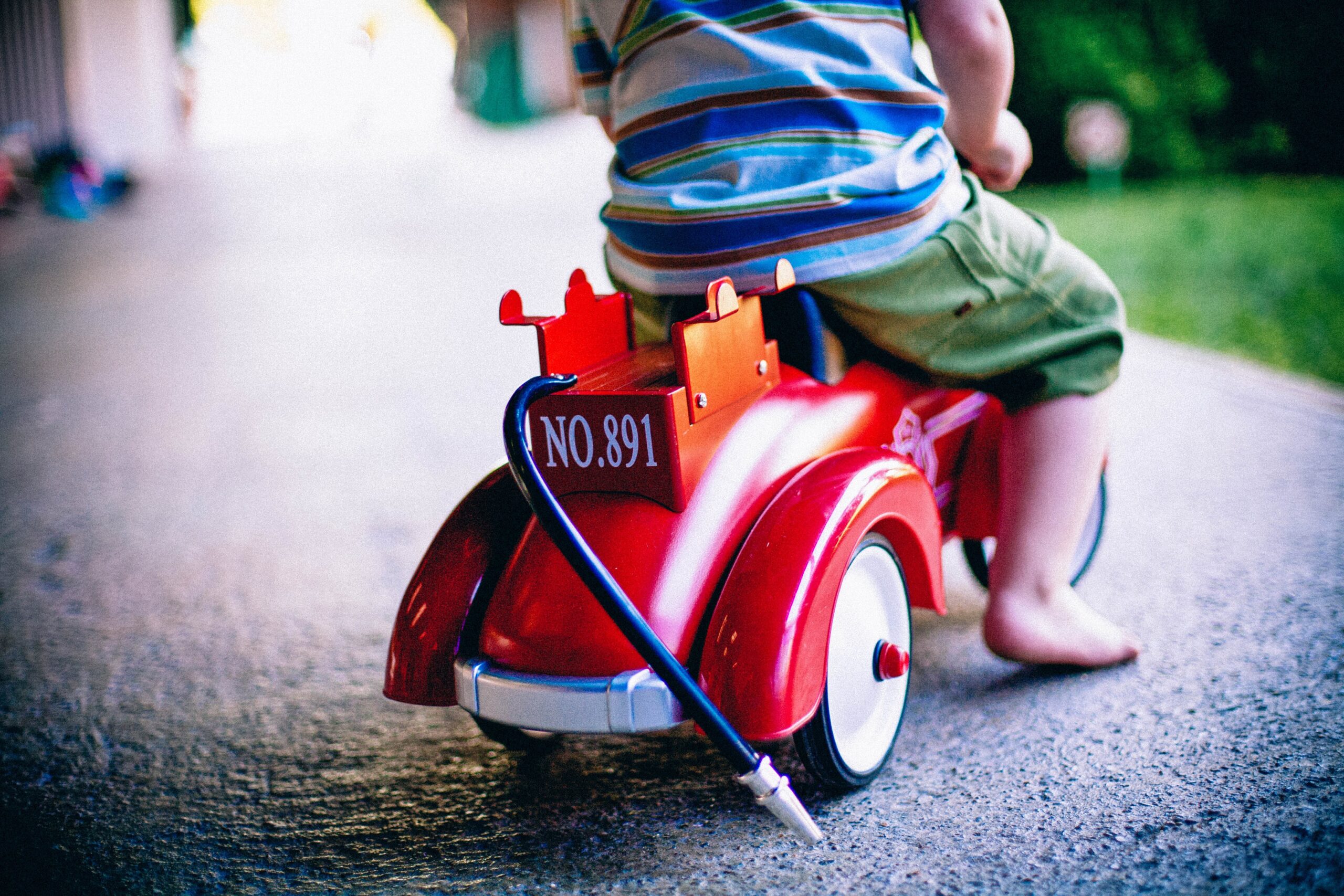KINDERGARTEN
Junior K.G.: 3.5 years to 4.5 Years
Senior K.G.: 4.5 years to 5.5 Years
Duration: 3.5 hours per day
The transition from preschool to primary school is a crucial time of change for both children as well as their parents. At Royalkingsland, the Kindergarten (K.G.) curriculum ensures a smooth transition to formal schooling with meaningful and progressive learning experiences. In addition to age-appropriate activities in Kindergarten, which prepare a child for success in formal school; various other activities are conducted in the areas of language, numbers, general knowledge, music, art in a planned manner throughout the program. Through these activities, children learn the alphabet and letter sounds, numbers, and simple math and master early writing skills. Furthermore, each child’s development is measured thrice in a year through a well-designed assessment as part of Royalkingsland’s unique pedagogy iLLUME. iLLUME assessment is designed to motivate a child in nurturing his unique potential. and Preparing your child for formal schooling, right at the Junior KG level – crafted for the benefit of 4-year-olds. Your child will be exposed to the world of three-letter words, fluent communication in English, and numerical puzzles. They participate actively in socio-cultural activities and are encouraged to think independently. Higher Order Thinking Skills, Sight Words. Mental Maths and Story Telling are our key areas of focus.
JUNIOR KG
Key Areas in Nursery Curriculum:
- Personal Social and Emotional Development
- Cognitive development
- Theme based Concept Time
- Math readiness
- Language and Phonics
- Inculcating Life-long learning skills
- Opportunities for development of an aesthetic sense
Activities Involved
- Sensory Time
- Story Time
- Water Play
- Sand Play
- Science Time
- Creative Time
- Library Time
- Celebration of festivals and special days
- Field trips
- Puppet shows and skits
- Public speaking
- Free play with Technology Corner
Sensory & Perceptual Development
- Can distinguish the genders; good and bad.
- Stacks blocks, groups items by category, or size and places objects in the proper place.
- Holds the scissors properly and can exert the right pressure.
- Understands the concepts of heavy/light; smells; hard and soft; in and out; basic shapes; family.
- They can match and name the shapes with the related 3D shapes of everyday objects.
- Forms letters and numbers in the correct formation.
- They now seem to be more organized in work/play space (not always losing things).
- They are now able to coordinate their hand properly while brushing their teeth/combing hair.
Physical & Motor Development
- Actively participates in physical education
- Has an overall better balance in everything they do, including walking, running, and everything that they do.
- They are now confident at climbing, sliding, swinging, and dancing and get a lot of enjoyment out of being active.
- Can throw a ball, bend forward, climb up and down; tries to balance.
- They can make geometric patterns like Squares, circles, triangles, etc.
Personal, Social & Emotional Development
- Helps around the house with very simple tasks.
- Gradually, becoming more independent.
- Tries to find simple ways to solve arguments and disagreements while playing.
- Shows (maybe by no name) a variety of emotions beyond happy, mad, or sad.
- Shows a sense of humor; exhibits self-control; shares toy with others; learns to wait patiently in the queue.
- Very conscious about own dress and personal cleanliness.
- Is aware of good touch and bad touch.
Spiritual & Moral Development
- Can understand and feel sorry, doing something wrong; Shows love and care towards youngers.
- Listens attentively to the moral stories, mythological stories.
- Is very honest and speaks the truth even if a mistake has been committed; shows reverence and respect; Understands not to touch others’ belongingness.
- Understand what wrong/right to do is.
- Participates in all festivals, events, says a prayer, and shows respect to God.
Cognitive Development
- Can imitate familiar or recent experiences in play (e.g. teddy goes to the doctor) with the actions being repetitive.
- Can understand the purpose of numbers for counting objects, the correct sequence of activity, and the concept of counting.
- Tries to remember parts of a story; familiar colors; identifies the missing numbers; points out above/below; loud/soft.
- Can recite the rhymes with actions.
- Can use “why?” and “how?” questions.
- Can say sight words; words from different word families.
- Understand the value of money; time; various positions of an object.
Language Development
- Can name pictures/objects when asked with clear words; say their name in full sentences.
- Asks ‘wh’ questions, like ‘why’, to be able to get more information about things.
- Tries to express in two or three sentences while looking at the picture reading pages are done.
- Tries to express about own self in complete sentences.
- Makes up own stories a, seeing the pictures.
- Demonstrates oral expression.
- Can communicate properly about needs and requirements in sentences.
Creative Development
- Likes to draw and color and does it within the outline.
- Can sing to the tune of their favorite song.
- Shows interest in making the takeaways/ crafts.
- Can dance in coordination.
- Shows a preference for favorite colors and styles of art ( e.g. child chooses orange marker or paint at nearly every artistic opportunity.)
- Readily participates in decorations.
- Love to listen to stories and make stories of their own.
Senior KG
Sensory & Perceptual Development
- Can distinguish the genders; good and bad.
- Stacks blocks, groups items by category, or size and places objects in the proper place.
- Holds the scissors properly and can exert the right pressure.
- Understands the concepts of heavy/light; smells; hard and soft; in and out; basic shapes; family.
- They are the ability to match and name the shapes with the related 3D shapes of everyday objects.
- Forms words and sentences in the correct formation.
- They now seem to be more organized in work/play space (not always losing things).
- They are now able to coordinate their hand properly while brushing their teeth/combing hair.
- They show eagerness to learn new skills and accomplish tasks.
- Understand the concept of direction-left or right.
Physical & Motor Development
- Actively participates in physical education
- Has an overall better balance in everything they do, including walking, running, and everything that they do.
- They are now confident at climbing, sliding, swinging, and dancing and get a lot of enjoyment out of being active.
- Can throw and catch a ball, bend forward, climb up and down; tries to balance.
- They can make geometric patterns like Squares, circles, triangles, etc.
- Can ride a bicycle.
- Can enjoy aerobics.
Personal, Social & Emotional Development
- Helps around the house with very simple tasks.
- Gradually, becoming more independent.
- Tries to find simple ways to solve arguments and disagreements while playing.
- Shows (maybe by not name) a variety of emotions beyond happy, mad, or sad.
- Shows a sense of humor; exhibits self-control; shares toy with others; learns to wait patiently in the queue.
- Very conscious about own dress and personal cleanliness.
- Is aware of good touch and bad touch.
- Shows good habits and good manners.
Spiritual & Moral Development
- Can understand and feel sorry, doing something wrong; Shows love and care towards youngers.
- Listens attentively to the moral stories, mythological stories.
- Is very honest and speaks the truth even if a mistake has been committed; shows reverence and respect; Understands not to touch others’ belongingness.
- Understand what wrong/right to do is.
- Participates in all festivals, events, says a prayer, and shows respect to God.
Cognitive Development
- Can imitate familiar or recent experiences in play (e.g. teddy goes to the doctor) with the actions being repetitive.
- Can understand the purpose of numbers for counting objects, the correct sequence of activity, and the concept of counting.
- Tries independently remembers parts of a story; familiar colors; identifies the missing numbers; points out above/below; loud/soft.
- Can recite the rhymes with actions.
- Can use “why?” and “how?” questions.
- Can say sight words; words from different word families.
- Can independently solve puzzles, numbers.
- Understand the value of money; time; various positions of an object.
Language Development
- They can write simple words without help; are curious to learn new words and sentences.
- Asks ‘wh’ questions, like ‘why’, to be able to get more information about things.
- Tries to express in five or six sentences while looking at the picture reading pages are done.
- Tries to express about own self in complete sentences.
- Makes up own stories a, seeing the pictures.
- Demonstrates oral expression.
- Can communicate properly about needs and requirements in sentences.
Creative Development
- Likes to draw and color and does it within the outline.
- Can sing perfectly to the tune of their favorite song.
- Shows interest in making the takeaways/ crafts.
- Can dance in coordination.
- Shows a preference for favorite colors and styles of art ( e.g. child chooses orange marker or paint at nearly every artistic opportunity.)
- Readily participates in decorations.
- Love to listen to stories and make stories of their own.

Play Group
Age Group: 1.5 - 2.5 Years Duration : 2.5 hours per day

Nursery
Age Group: 2.5 - 3.5 Years Duration: 2.5 hours per day

KINDERGARTEN
Age Group 3.5 years to 5.5 Years Duration: 3.5 hours per day
